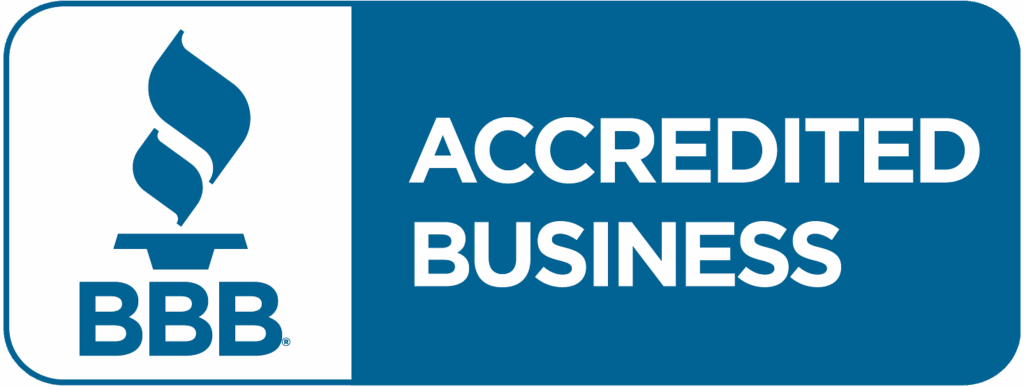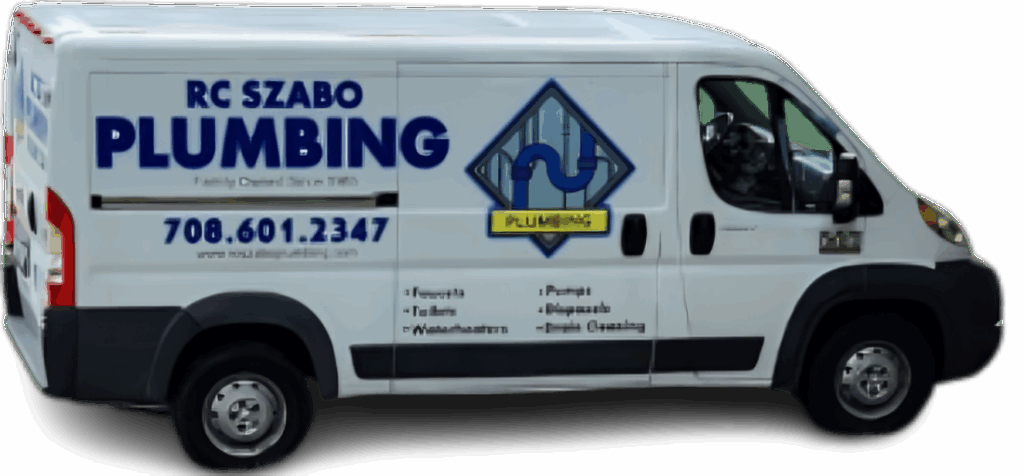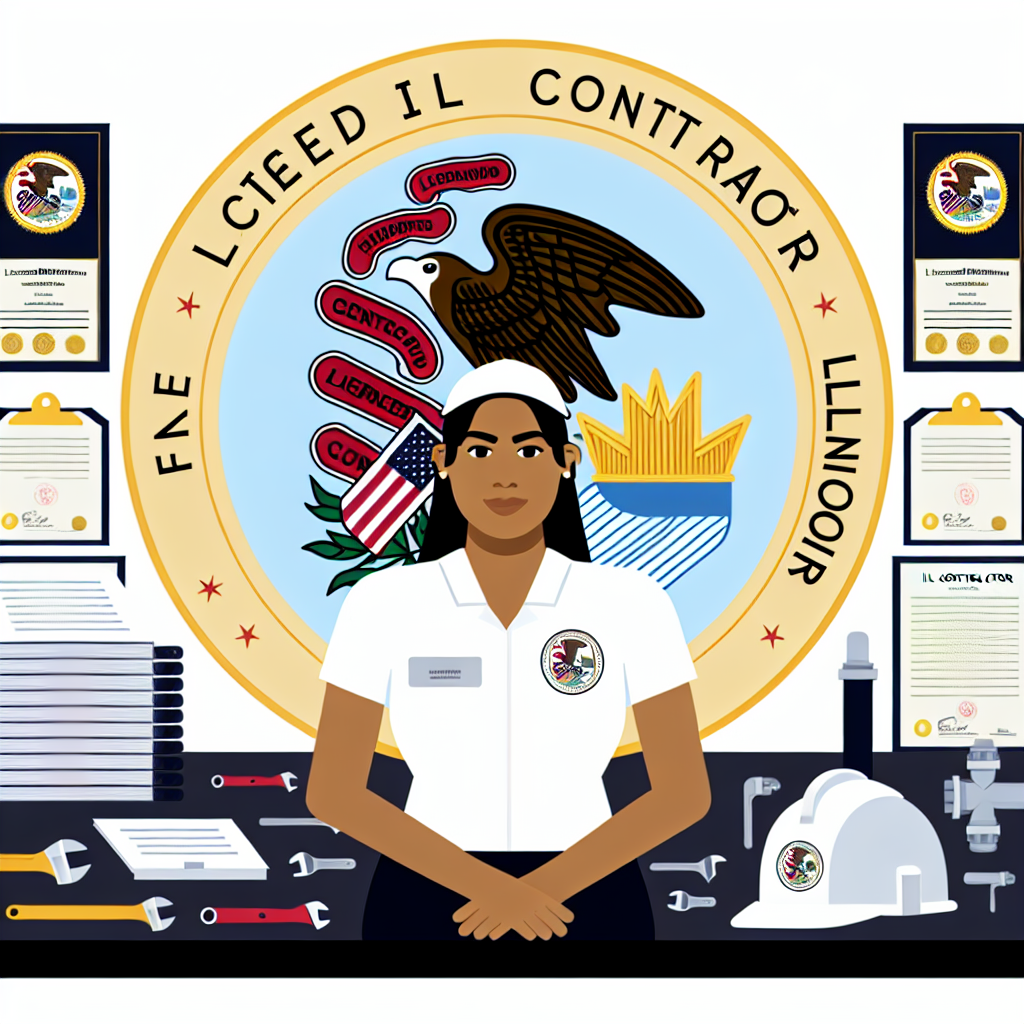“`html
Becoming a Licensed Plumber in Illinois: Your Complete Guide
Table of Contents
- Types of Plumbing Licenses in Illinois
- How to Get a Plumber’s License in Illinois
- Exam Preparation and Continuing Education Requirements
- Penalties for Operating Without a Plumbing License in Illinois
- Why Licensing Protects Plumbers and Homeowners Alike
- Key Requirements for Licensing and Certification
- Stay Compliant and Connected
- Final Thoughts
Types of Plumbing Licenses in Illinois
The licensing requirements for plumbers in Illinois are regulated by the Illinois Department of Public Health (IDPH). The state recognizes several levels of licensure, including:
1. Apprentice Plumber License
This is the entry-level position for individuals learning the trade under the supervision of a licensed plumber. To be eligible:
- You must be at least 16 years old.
- Be employed by a licensed plumbing contractor.
- Apply for registration annually through IDPH.
- Work under direct on-the-job supervision until eligible for examination.
2. Licensed Plumber (Journeyman Equivalent)
Often referred to as a “Licensed Plumber” in Illinois, this is the equivalent of a journeyman license in many other states.
- You must have completed a 4-year apprenticeship (or hold comparable training/experience).
- Pass the State of Illinois Plumbing License Examination.
- This license allows you to legally perform plumbing work (installations, repairs, etc.) without supervision, but not to contract work independently.
3. Plumbing Contractor License
This license is required for anyone who operates a plumbing business or serves as the responsible person for a contracting firm.
- Must employ at least one full-time licensed plumber.
- Maintain commercial general liability insurance.
- Register your business with IDPH and renew the license annually.
- Ensure all work performed complies with Illinois Plumbing Code.
Each license level builds on the one before it. To legally contract plumbing work in Illinois, professionals must not just be licensed but also adhere to proper registration standards and insurance requirements.
How to Get a Plumber’s License in Illinois
Getting your Illinois plumbing license involves several steps that show your qualifications and readiness to safely perform plumbing services.
Apprentice Plumber Registration Process
- Submit the IDPH Apprentice Plumber Application form.
- Include employer sponsor details and any related apprenticeship program documentation.
- Pay the annual $100 registration fee.
- Renew annually while logging your hours and experience.
Applying to Take the Plumbing License Exam
- Once you have completed your apprenticeship or equivalent training, you can apply to sit for the state licensing exam.
- Submit the IDPH “Plumber’s License Examination Application” along with a fee of $175.
- Exams are typically scheduled twice a year—in the spring and fall.
- Study materials are based on the Illinois Plumbing Code and related mechanical and safety topics.
You can find the application form and exam guidelines directly on the IDPH Plumbing Licensing Page.
Becoming a Licensed Plumbing Contractor in Illinois
To become a plumbing contractor:
- You or someone on your team must already hold a plumber’s license.
- Submit the “Plumbing Contractor Registration Application” to IDPH.
- Provide proof of:
- A valid plumber’s license.
- Liability insurance (minimum $100,000 each occurrence, $300,000 general aggregate).
- Workers’ Compensation insurance (if applicable).
- Pay the $150 annual contractor registration fee.
- Renew each year to maintain active status and avoid penalties.
Exam Preparation and Continuing Education Requirements
Proper training and continued learning are a critical part of being a licensed plumber or plumbing contractor in Illinois.
Required Training for Licensure
To be eligible for the plumber license exam, you must have completed:
- A 4-year Department-approved apprenticeship program; or
- Equivalent trade experience through military service or work in another state.
Programs often include both classroom instruction and hands-on experience covering:
- Blueprint reading.
- Pipefitting.
- Sanitation systems.
- State and local plumbing codes.
- Safety practices.
- Math and measuring techniques.
Continuing Education for Plumbers in IL
After becoming licensed, plumbers in Illinois must meet continuing education requirements to renew their license and stay current with evolving codes and safety standards.
- Licensed Plumbers must complete at least 4 hours of approved continuing education each year.
- Only IDPH-approved courses count toward your CE credits.
- These may include courses in code updates, environmental sanitation, lead safety, and advanced plumbing technologies.
Check current CE requirements and approved providers at: IDPH Continuing Education for Plumbers
Penalties for Operating Without a Plumbing License in Illinois
Working as an unlicensed plumber is a serious offense with financial and legal consequences in Illinois.
Potential Penalties Include:
- Cease and desist orders issued by IDPH.
- Fines starting at $500 per violation per day.
- Legal injunctions that could halt your business operations.
- Ineligibility for future licensing due to record of unauthorized activity.
- Being held liable for work completed without proper authorization, including costly rework and damages.
The law not only protects the integrity of the profession—it also safeguards public health by ensuring plumbing systems are installed by qualified professionals.
If you are caught working without a license or hiring unlicensed workers, it can jeopardize your reputation, open your company to lawsuits, and even disqualify you from major contracts or insurance coverage.
Why Licensing Protects Plumbers and Homeowners Alike
Professional licensing does more than satisfy legal obligations—it creates trust in the marketplace and ensures safety.
For Plumbing Contractors
- Safeguards your business from liability.
- Validates your qualifications when bidding on jobs.
- Permits marketing yourself as a Licensed and Insured professional.
- Access to certain product warranties and insurance-backed jobs.
- Required for pulling permits.
For Homeowners
- Peace of mind that plumbing systems are installed to code.
- Protection from unqualified or dishonest workmanship.
- Legal recourse if installations fail or cause property damage.
Working as a licensed professional also means access to a greater volume of work from municipalities, builders, and customers who require proof of licensure and insurance.
Key Requirements for Licensing and Certification
Here’s a quick reference list summarizing the key requirements:
- ✅ Must be at least 16 to register as an apprentice.
- ✅ Minimum 4-year apprenticeship or comparable experience.
- ✅ Pass IDPH plumber license exam.
- ✅ Register annually with proof of liability insurance (for contractors).
- ✅ 4 hours of continuing education each year.
- ✅ Work only under your corresponding license level.
- ✅ Follow the Illinois Plumbing Code at all times.
This framework ensures that only qualified, trained, and insured individuals are entrusted with one of the most important systems in any building—the plumbing.
Stay Compliant and Connected
Plumbing is a rewarding trade, but it comes with responsibilities. Whether you’re beginning your career or managing a large team, always ensure your licensing and certifications are up to date.
If you have questions about your status, training programs, or licensing missteps, don’t go it alone.
🛠️ Contact an experienced mentor, reach out to your local plumbing association, or connect with IDPH’s plumbing program for guidance.
– Illinois Department of Public Health Main Plumbing Page: IDPH Plumbing Page
– Call IDPH Plumbing Program at (217) 524-0791
– Partner with trusted local associations like the Illinois Plumbing Inspectors Association (IPIA)
Final Thoughts
Understanding and complying with the licensing and certification requirements for plumbers in the State of Illinois isn’t just a box to check—it’s the backbone of your professional credibility. From apprentice to contractor, each level is built on verified skills, ongoing learning, and legal responsibility.
Whether you’re just starting your plumbing journey or you’re expanding your operations as a contractor, staying current with IDPH requirements ensures long-term success for your business and safety for your customers.
Licensed professionals lead the industry. And in Illinois, the pathway is clearly mapped—and worth every step.
🧰 Ready to grow your plumbing career or business the right way? Start by ensuring your license is valid, training is up to date, and your continuing education hours are tracked.
Need help? Contact us at (555) 123-4567 or reach out via our social media:
➡️ Facebook: @ILPlumbingPros
➡️ Instagram: @ILPlumbingPros
➡️ Twitter/X: @ILPlumbers
Stay ahead of codes, avoid costly violations, and build a brand that contractors and customers respect.
Stay licensed. Stay trusted. Grow your reputation the right way.
“`




